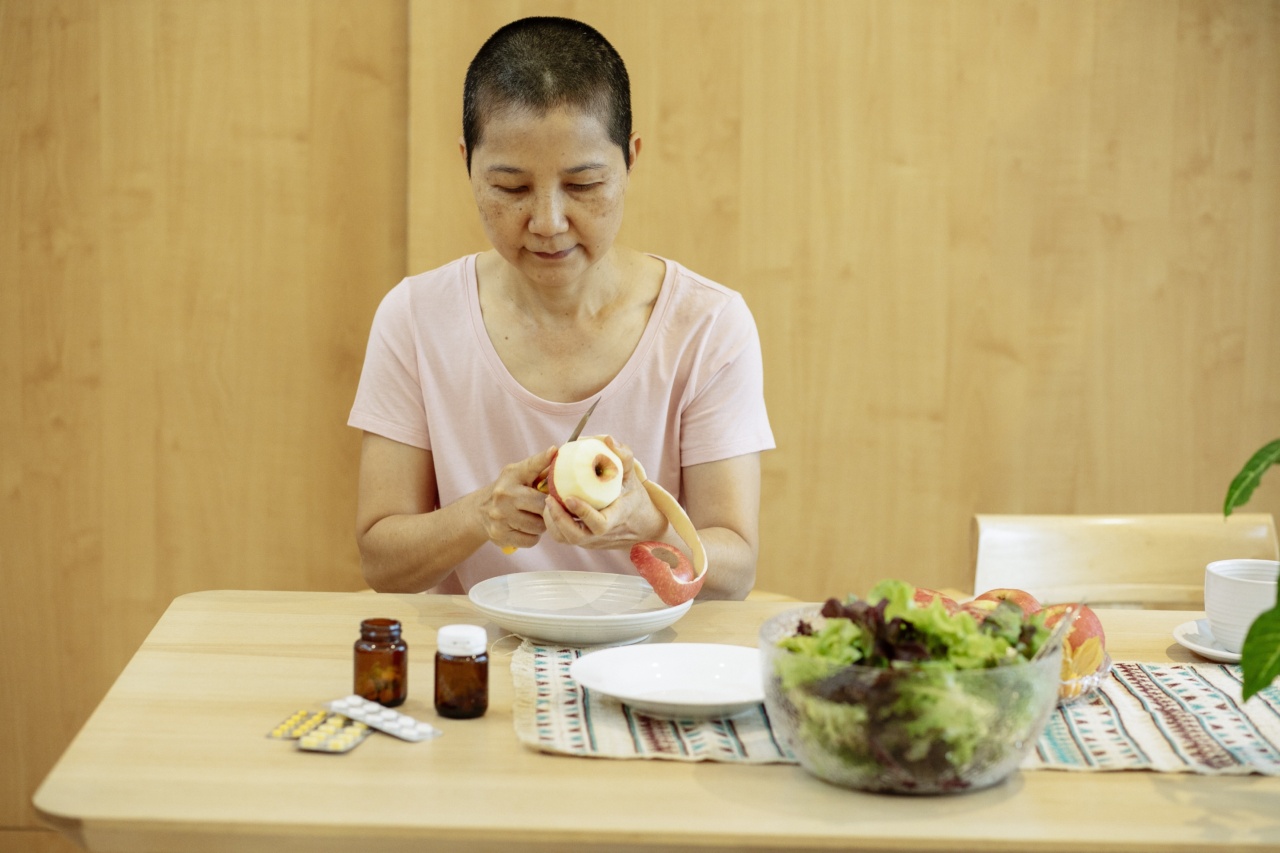Colon cancer is one of the most common types of cancer globally. It is characterized by the growth of malignant cells in the colon, which can spread to other parts of the body if left untreated.
However, some studies have shown that Vitamin D may help reduce the risk of developing colon cancer or prevent the recurrence of the disease. Vitamin D is a crucial nutrient in the human body, and various studies have proved its role in enhancing the immune system and reducing inflammation. This article will discuss the protective effects of Vitamin D against colon cancer.
What is Vitamin D?
Vitamin D is a fat-soluble vitamin that is naturally synthesized in the body when the skin is exposed to the sun’s ultraviolet rays. It can also be obtained from dietary sources such as fatty fish, egg yolks, and fortified foods.
Vitamin D is essential for bone health, immunity, and cellular differentiation. There are two forms of Vitamin D: Vitamin D2 (ergocalciferol) and Vitamin D3 (cholecalciferol).
The link between Vitamin D and colon cancer
Several studies have shown an inverse relationship between Vitamin D levels and colon cancer risk.
Low levels of Vitamin D have been associated with an increased risk of colon cancer, and high levels of Vitamin D appear to reduce the risk of the disease. One study conducted on the link between Vitamin D and colon cancer showed that individuals with a higher intake of Vitamin D had a reduced risk of colon cancer by 50% compared to those with lower intake.
Vitamin D and colon cancer prevention
The protective effects of Vitamin D against colon cancer are mainly due to its ability to inhibit the growth of malignant cells in the colon and induce apoptosis (cell death).
Vitamin D also plays an essential role in regulating cell differentiation, proliferation, and angiogenesis (the formation of new blood vessels). It has been suggested that Vitamin D may reduce the inflammation associated with colon cancer, prevent the formation of polyps (wart-like growths), and inhibit the spread of cancer cells to other parts of the body.
Vitamin D and colon cancer survival
Vitamin D deficiency has been linked to a higher risk of colon cancer recurrence and mortality. It is suggested that Vitamin D may improve the survival rates of colon cancer patients.
A study conducted on colon cancer patients found that individuals with higher levels of Vitamin D had better overall survival rates compared to those with lower levels of Vitamin D.
How much Vitamin D is necessary?
The recommended intake of Vitamin D varies depending on age, sex, and other factors. According to the National Institutes of Health (NIH), the recommended daily intake of Vitamin D is 600-800 IU for adults.
However, certain individuals may require higher doses of Vitamin D, such as those with Vitamin D deficiency, older adults, and those with limited sun exposure or skin pigmentation.
Sources of Vitamin D
Vitamin D can be obtained from dietary sources such as fatty fish, egg yolks, and fortified foods. Sun exposure is another crucial source of Vitamin D.
However, skin cancer risks associated with excessive sun exposure may outweigh the benefits of Vitamin D synthesis. Therefore, it is recommended to obtain Vitamin D from dietary sources and supplements rather than relying solely on sun exposure.
Vitamin D supplementation
Supplementation with Vitamin D may be necessary for individuals with low Vitamin D levels or those at high risk of colon cancer. Vitamin D supplements are available in various forms, including tablets, capsules, and liquids.
However, excessive intake of Vitamin D supplements may cause toxicity, leading to hypercalcemia (elevated calcium levels in the blood) and other adverse effects.
Conclusion
In conclusion, there is sufficient evidence to suggest that Vitamin D may reduce the risk of developing colon cancer or prevent the recurrence of the disease.
The protective effects of Vitamin D against colon cancer may be attributed to its ability to inhibit the growth of malignant cells, induce apoptosis, regulate cell differentiation and proliferation, and reduce inflammation. It is recommended to obtain Vitamin D from dietary sources and supplements, and supplementation may be necessary for individuals with low Vitamin D levels or those at high risk of colon cancer.































